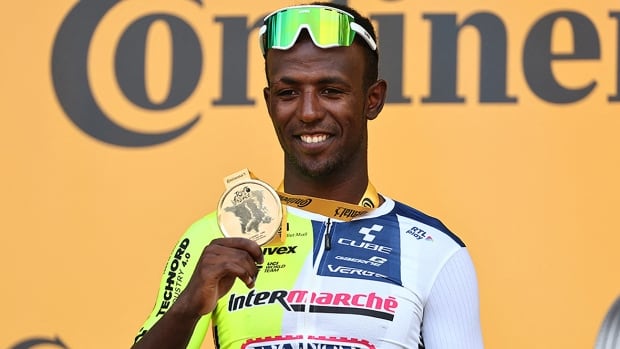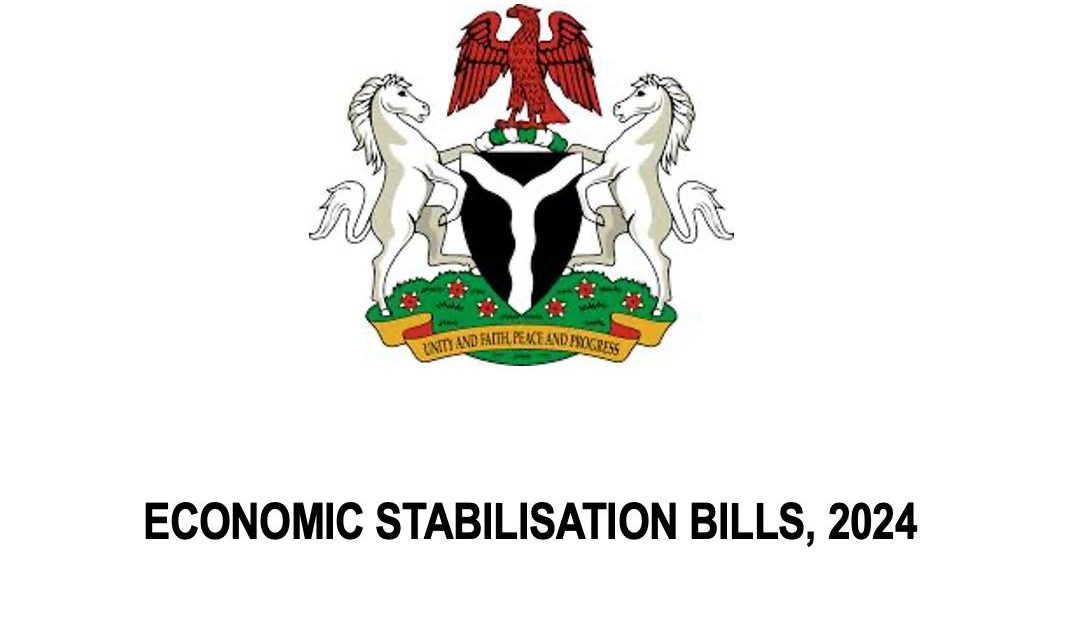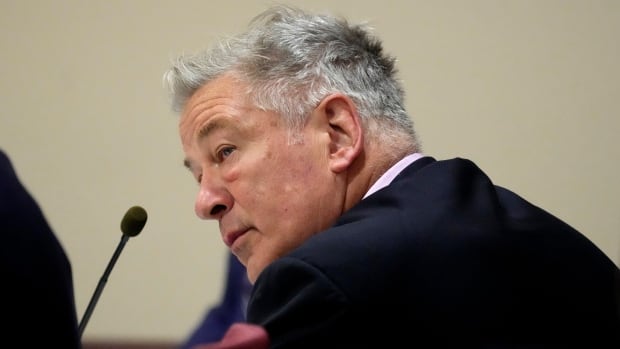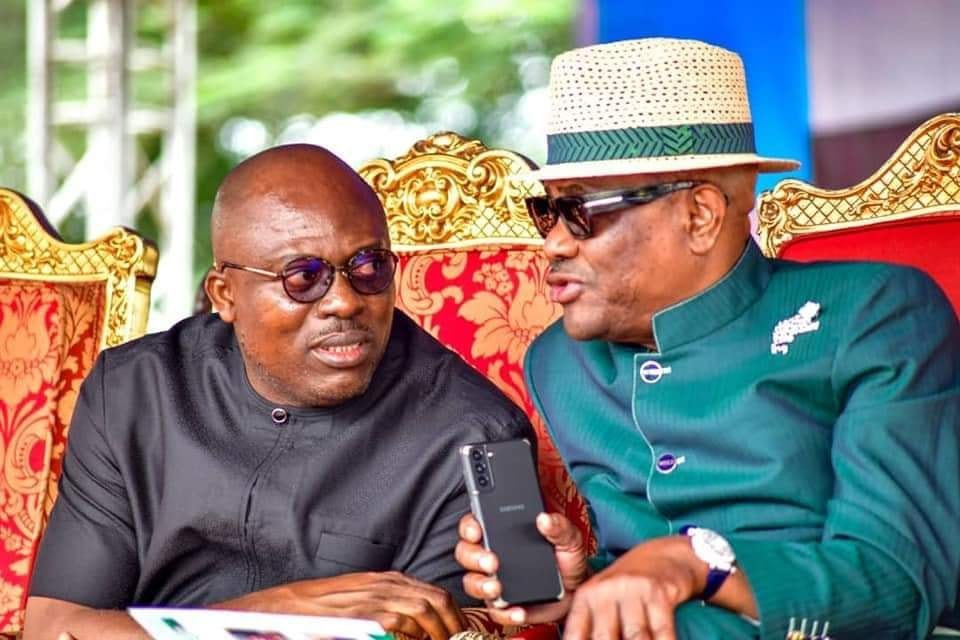Biniam Girmay grew up in Eritrea watching the Tour de France on TV each July with his father.
He idolized three-time world champion Peter Sagan but never dared to dream of matching the Slovakian cyclist’s exploits.
Then came Monday, when Girmay became the first Black African rider and first Black cyclist from any continent to win a Tour stage.
“I never dreamed to be part of [the] Tour de France,” Girmay said after wiping away some tears.
The timing couldn’t have been better. Next year, Rwanda will become the first African country to host cycling’s road world championships.
“It’s our moment to show our strength and our potential,” Girmay said.
And to think the initial plan for Girmay’s Intermarche-Wanty team from Belgium was for the Eritrean to lead out the sprint for Belgian teammate Gerben Thijssen. But when Girmay lost touch with his teammates in the frenetic finale, which saw Mark Cavendish and others caught behind by a crash, Girmay was given the green light.
“I heard on the radio to do it for myself, because I had already lost the wheel,” Girmay said. “For me it’s always easier to find [space] myself. Then it’s just close your eyes and go for victory.”
Sagan, who won 12 stages in his Tour career, would have been proud of the way Girmay squirmed his way through a tiny space to edge past Fernando Gaviria — a winner of seven Grand Tour stages — at the line.
Girmay also made history in Italy two years ago when he won a stage at the Giro d’Italia to become the first Black African to take a victory in a Grand Tour. But Girmay’s Giro victory was marred when he was rushed to a hospital after getting hit in the left eye by a prosecco cork he popped open during the podium celebration – forcing him to abandon the race.
Lost for words
Girmay was more careful in his celebration this time.
“This win is worth more,” Girmay said. “I don’t have words to explain how important this victory is for me and for my continent.”
Girmay started riding in single-day races at home in Eritrea and then left home for the International Cycling Union’s development centre in Aigle, Switzerland, in 2018.
In 2021, he won a silver medal in the under-23 road race at the world championships in Belgium. Then at the start of 2022, Girmay won a single-day classic at the Gent-Wevelgem race in Belgium.
Merhawi Kudus and Daniel Teklehaimanot paved the way for Girmay when they became the first Eritreans to ride in the Tour de France in 2015 — when Teklehaimanot became the first African rider to wear the King of the Mountains polka-dot jersey. They rode for the South African MTN-Qhubeka team.
Human rights groups describe Eritrea as one of the world’s most repressive countries. Since winning independence from Ethiopia three decades ago, the small Horn of Africa nation has been led by President Isaias Afwerki, who has never held an election.
Riders from only one other African country — South Africa – have won Tour stages: Robert Hunter (2007) and Daryl Impey (2019). Four-time Tour champion Chris Froome was born and raised in Kenya but represented Britain.
“This is so important for cycling,” said Aike Visbeek, the performance director for Girmay’s Intermarche-Wanty team. “Now the world can see what is possible when we give these guys a chance.”
And Girmay isn’t done yet.
He’s now high up in the points standings for the Tour’s green jersey that goes to the race’s top sprinter. And there are a handful more sprinting stages to come in this year’s race.
He’s just 24.
“It’s my time,” Girmay said. “Now we are really part of the big races. We have a lot [of] victories so it’s our time, it’s our moment. I never cry, but inside I am, I just have no words.”







